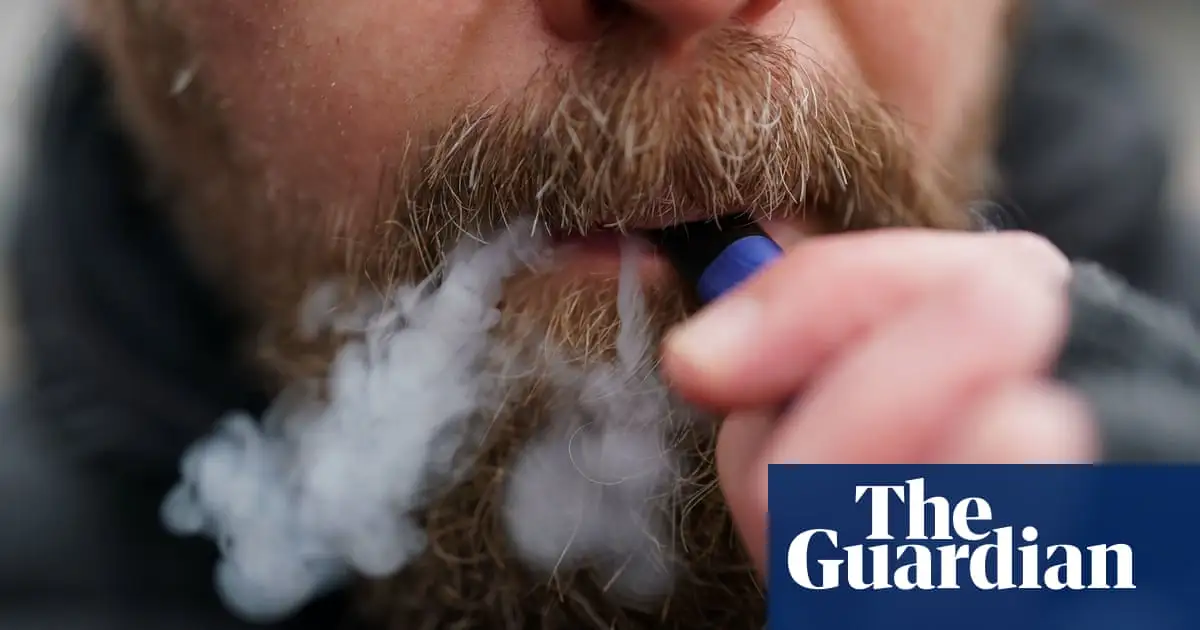Proportion of adults using e-cigarettes containing up to 20mg/ml of nicotine has increased to 32.5% from 6.6% in 2021
Archived version: https://archive.ph/t98yo
Seems people are more stressed… maybe fix the stress problem and that would cut off a large portion of the rise.
I feel this is likely driven by the use of disposable and closed cartridge vapes growing in popularity. Those style vapes are low watt devices that require more concentrated salt nicotine for a satisfying hit, pushing up the average mg.
That’s it.
People are not consuming more nicotine, just wasting less energy.
Dr Sarah Jackson, the lead author of the study, based at the UCL Institute of Epidemiology and Health Care, said that current plans to tax high-nicotine vapes at a higher rate may make it less affordable to quit smoking.
She said: “Our study shows a sharp increase in the use of high-strength nicotine e-liquids in England since 2021.
“Nicotine may be addictive, but it is not what causes the great majority of harms from smoking. For smokers trying to quit, vaping with higher-strength nicotine is likely to be more effective, as it satisfies cravings more quickly and provides better relief from withdrawal symptoms.
“Taxing higher-strength nicotine products at higher rates will make the most effective way to quit less affordable, which may drive vapers towards lower-strength e-liquids and potentially undermine smoking cessation attempts. Of smokers who had quit within the last year and were vaping, we found that around 40% reported using those products which would attract the highest proposed tax rate.”
Meanwhile my gov decided to tax by volume so everyone is incentivized to buy stronger stuff.
Good thing they’re not addictive then.
/s
Who has ever said nicotine is not addictive? Lol
The /s indicates they were using sarcasm.
That is understood, but the sarcasm makes it seem like someone said that vapes weren’t addictive. I’ve never met anyone saying that.
good thing those health warning labels got people off cigarettes /s
(yes someone used that as a defense for mental health warning labels on social media)



